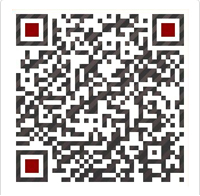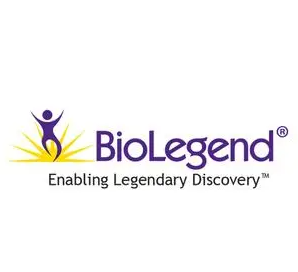Product Details
- Verified Reactivity
- Human
- Antibody Type
- Monoclonal
- Host Species
- Mouse
- Immunogen
- Recombinant Human CXCL13
- Formulation
- 0.2 ?m filtered in phosphate-buffered solution, pH 7.2, containing no preservative. Endotoxin level is < 0.01 EU/?g of the protein (< 0.001 ng/?g of the protein) as determined by the LAL test.
- Preparation
- The Ultra-LEAF? (Low Endotoxin, Azide-Free) antibody was purified by affinity chromatography.
- Concentration
- The antibody is bottled at the concentration indicated on the vial, typically between 2 mg/mL and 3 mg/mL. Older lots may have also been bottled at 1 mg/mL. To obtain lot-specific concentration, please enter the lot number in our Concentration and Expiration Lookup or Certificate of Analysis online tools.
- Storage & Handling
- The antibody solution should be stored undiluted between 2°C and 8°C. This Ultra-LEAF? solution contains no preservative; handle under aseptic conditions.
- Application
-
Neut - Quality tested
- Recommended Usage
Each lot of this antibody is quality control tested by neutralization of the chemotaxis induced by recombinant human CXCL13 (5.0 ?g/mL) on mouse Baf3-hCCR5 transfectants chemoattractant cells. ND50 range: 0.1 - 1.5 μg/mL. It is recommended that the reagent be titrated for optimal performance for each application.
- RRID
- AB_2832886 (BioLegend Cat. No. 934503) AB_2832887 (BioLegend Cat. No. 934504)
Antigen Details
- Structure
- Chemokine
- Distribution
-
Follicular dendritic cells, monocytes, macrophages, and stromal cells from germinal centers. CXCL13 is derived from endothelial cells, synovial fibroblasts, and follicular dendritic cells in RA.
- Function
- CXCL13 chemoattracts B cells and is a key chemokine for B cell entry into lymphoid follicles. It also takes part in the formation of ectopic lymphoid tissue in chronic inflammation. CXCL13 production by follicular Th cells is induced by TCR activation.
- Interaction
- B cells and follicular helper CD4 T cells
- Ligand/Receptor
- CXCR5 (CD185)
- Cell Type
- B cells, Macrophages, T cells
- Biology Area
- Cell Biology, Immuno-Oncology, Immunology, Signal Transduction
- Molecular Family
- Cytokines/Chemokines
- Antigen References
-
- Gunn MD, et al. 1998. Nature. 391:799.
- Legler DF, et al. 1998. J Exp Med. 187:655.
- Kim CH, et al. 2004. Blood. 104:1952.
- McDonald KG, et al. 2010. Am J Pathol. 176:2367.
- Gatto D, et al. 2011. J Immunol. 187:4621.
- Gene ID
- 10563 View all products for this Gene ID
- UniProt
- View information about CXCL13 on UniProt.org








